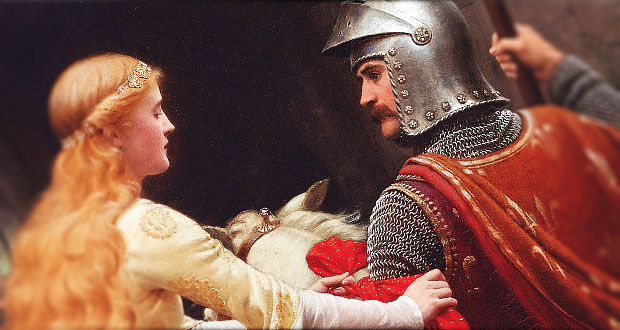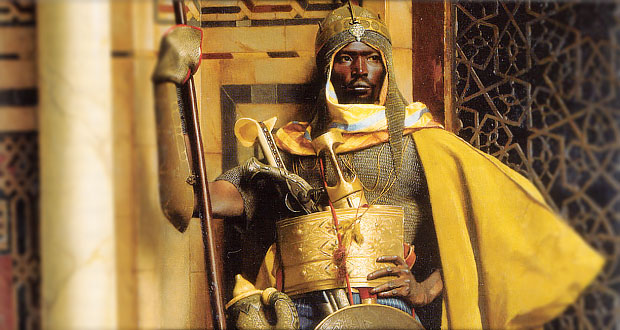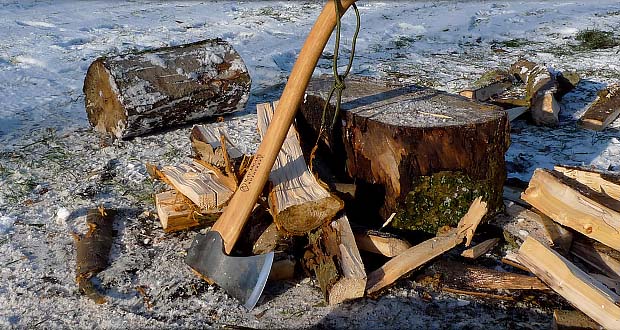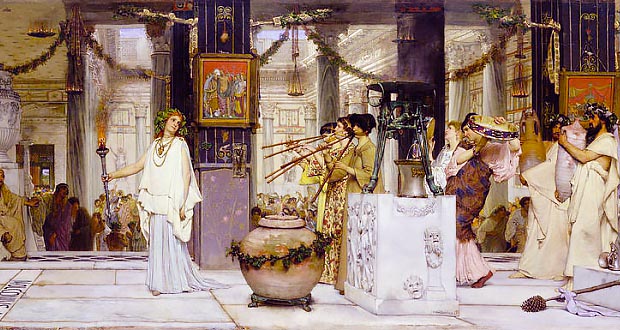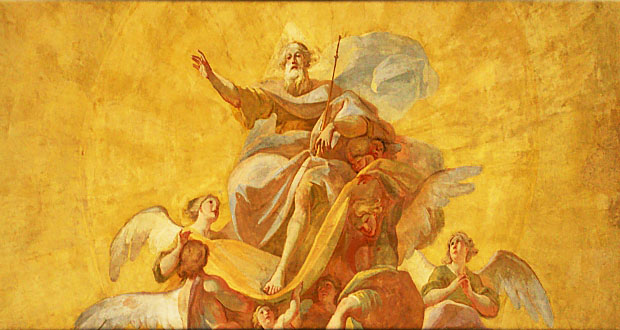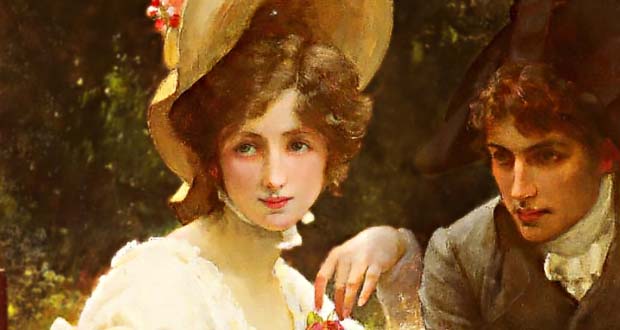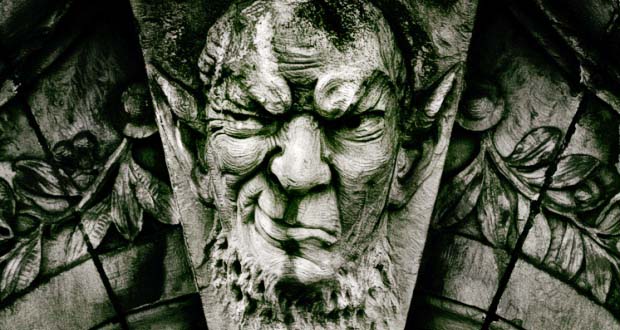Dr. Mitchell Kalpakgian
November 28, 2013
6,957 Views
In Kenneth Graham’s The Wind in the Willows Mr. Toad, the owner of Toad Mansion and the great traveler on the Open Road who is always on a new vehicle going to faraway places, cannot comprehend how Mr. Rat can find contentment in a simple cottage on the river where he dwells all year and never explores the wider world of new sights and foreign lands: “You surely don’t mean to stick to your dull fusty river all your life, and just live in a hole in a bank, and boat. I want to show you the world.”
Read More »
Dr. Mitchell Kalpakgian
November 21, 2013
12,464 Views
While it is a most human to desire the ideal, seek the best, and have the highest goals, all human lives suffer damages and require rebuilding. The unfaithful husband or wife, the deaths and illnesses in a family, the rebellion of the prodigal son or daughter, the loss of income or work all inflict destruction of some kind that forces another beginning, a fresh approach, a new idea, or the exercise of a heroic virtue.
Read More »
Dr. Mitchell Kalpakgian
November 7, 2013
8,825 Views
While everyone has heard of King Midas’s avarice and his desire for The Golden Touch that transforms everything he touches into gold, not everyone has heard of The Leaden Touch. In Hawthorne’s A Wonder Book one of the children who hears of the famous story about King Midas, remarks, “But some people have what we may call ‘The Leaden Touch,’ and make everything dull and heavy that they lay their fingers upon.”
Read More »
Dr. Mitchell Kalpakgian
October 31, 2013
9,199 Views
Every human being experiences the conflict between duty and pleasure, what a person wishes to do for enjoyment and what a person ought to do by way of obligation. These two tendencies often appear as contrary, irreconcilable powers that inevitably clash and produce resentment or frustration.
Read More »
Dr. Mitchell Kalpakgian
October 24, 2013
23,052 Views
Two great ancient philosophers, Marcus Aurelius in Meditations and Boethius in The Consolation of Philosophy — two works renowned for their great wisdom and moral power — teach the importance of the virtue of self-possession. Both writers observe that no persons can control the outside events that surround them.
Read More »
Dr. Mitchell Kalpakgian
October 17, 2013
7,166 Views
Disappointment, rejection, and defeat, however, do not mean incompetence, weakness, or failure. When a person shakes off the dust, he leaves because of the stiff-necked and hardhearted unwillingness of the many that lack docility and openness to the truth the messenger brings.
Read More »
Dr. Mitchell Kalpakgian
October 10, 2013
7,375 Views
In the folk tale, five brothers all choose their profession and perform their work with success and prosperity: a brick maker, a mason, an architect, an innovator, and a critic. However, only the oldest brother unites vocation and avocation, and only his work has effects for the future and for heaven.
Read More »
Dr. Mitchell Kalpakgian
October 3, 2013
13,589 Views
In the story the merchant’s son who wasted his money finds himself in desperate circumstances until a friend gives him a magical flying trunk. When he flies with it and descends from the sky, he introduces himself as a Turkish god who has come from above to marry the king’s daughter. Honored with this privilege, the king gladly agrees to the marriage: “Yes, you shall certainly marry our daughter.”
Read More »
Dr. Mitchell Kalpakgian
September 26, 2013
7,084 Views
To be human is to be born with desires, to have wishes, and to experience longings. But not all wishes have the same quality, nature, or origin. Some wishes assume the shape of daydreams or fantasies as utopian visions enter the mind and people imagine impossibilities.
Read More »
Dr. Mitchell Kalpakgian
September 19, 2013
6,716 Views
Man by nature is idealistic, seeks excellence, and hopes for perfection, but he is bound by the weakness of human nature and the limits of the human condition. There is no such being as a faultless painter or a sinless human being. In the sport of baseball every player aspires to get a hit every time and bat 1.000, but even the best of batters only have an average of .300.
Read More »
Dr. Mitchell Kalpakgian
September 12, 2013
7,570 Views
According to proverbial wisdom, “When you do succeed, the chances are that you were not trying too hard in the first place.” This observation appears to contradict the idea of ...
Read More »
Dr. Mitchell Kalpakgian
September 5, 2013
9,291 Views
In Anne Morrow Lindbergh’s classic Gift from the Sea the author, using the leisure and recollection of a summer vacation at the ocean, reflects on the art of living a ...
Read More »
Dr. Mitchell Kalpakgian
August 30, 2013
8,473 Views
The ancient Greeks identified the sign of fruitfulness as proof of the art of living well, as the true mark of civilization. On the shield of Achilles in the Iliad ...
Read More »
Dr. Mitchell Kalpakgian
August 22, 2013
8,958 Views
To be human is to think of the future, to imagine the unknown, and to fear the unpredictable. So many things are not in the control of human beings who ...
Read More »
Dr. Mitchell Kalpakgian
August 8, 2013
8,304 Views
In his fairy tale “The Goblin at the Provision Dealer’s” or in some editions entitled “The Pixy at the Grocer’s,” Hans Andersen depicts the life of a goblin who enjoys ...
Read More »
Dr. Mitchell Kalpakgian
August 1, 2013
9,425 Views
A critic of Jane Austen’s novels facetiously coined this phrase to illustrate one of the virtues of civility. Characters with the most refined and elegant manners exemplify this virtue that ...
Read More »
Dr. Mitchell Kalpakgian
July 25, 2013
7,915 Views
What is Nature without the pied beauty of the four seasons? What is a home without paint, pictures, flowers, and interior decoration? What are human beings without tasteful, dignified clothing? ...
Read More »
Dr. Mitchell Kalpakgian
July 18, 2013
7,682 Views
“Set a watch, Lord, beside my mouth and a door about my lips.” Psalm 38:1 The art of living is the knowledge of knowing when to speak and when to ...
Read More »
Dr. Mitchell Kalpakgian
July 11, 2013
7,380 Views
The art of living demands that persons be willing to commit themselves, to have convictions, and to act even though one does not have perfect knowledge or clear foresight. Aristotle ...
Read More »
Dr. Mitchell Kalpakgian
July 3, 2013
12,691 Views
The Devil thrives on conflict and dissension. Division or “legion” is his name. Whether it is wars between nations, heresy or schism in the Church, or divorce in families, the ...
Read More »
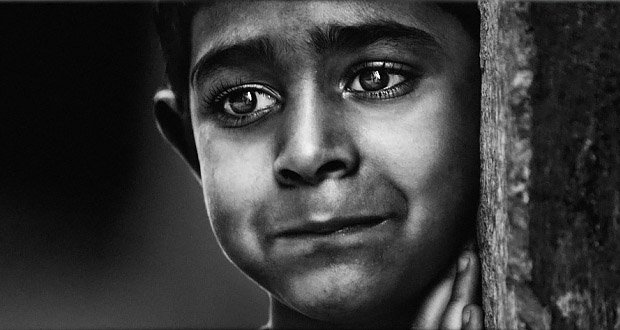

 Seton Magazine Catholic Homeschool Articles, Advice & Resources
Seton Magazine Catholic Homeschool Articles, Advice & Resources


